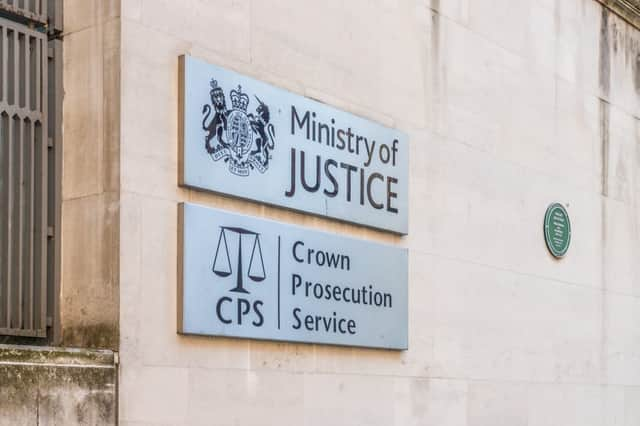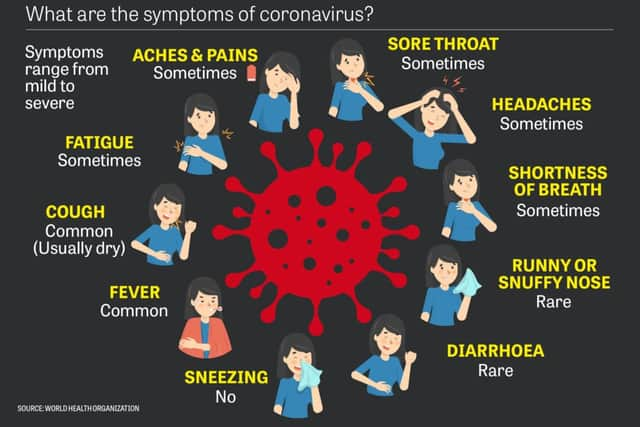The Chief Justice has banned jury trials - here’s how courts will operate


Lord Chief Justice has decided to put a “pause” on jury trials due to the continuing spread of coronavirus.
This is everything you need to know about the decision.
Why have jury trials been banned?


Jury trials have been banned because the message from the Prime Minister has made it clear that everyone should be taking precautions to avoid unnecessary contact.
Advertisement
Hide AdAdvertisement
Hide AdLord Chief Justice, the Lord Burnett of Maldon, said, “My unequivocal position is that no jury trials or other physical hearings can take place unless it is safe for them to do so.
“A particular concern is to ensure social distancing in court and in the court building.”
Will trials be able to go ahead?
In the announcement made by the Lord Chief Justice, it was stated that no new trials are to start.
Jurors who have been summoned for this week (beginning Monday 23 March) are being contacted and will be instructed to stay home. If you are among them and have not been contacted, you should get in touch with the court you are due to attend.
Advertisement
Hide AdAdvertisement
Hide Ad“[Jurors] will only be asked to come in for trials where specific arrangements to ensure their safety have been put in place,” the Lord Chief Justice said.
“In some cases, this may mean that jurors may be called in to start a new trial later on Monday.”
All hearings in the Crown Court that are able to take place remotely should do so, and other hearings not involving a jury should continue if social distancing measures can be effectively implemented.
What about existing trials?
In the statement from the Lord Chief Justice, it was explained that “efforts to bring existing jury trials to a conclusion should continue”.
Advertisement
Hide AdAdvertisement
Hide AdIt was emphasised that social distancing measures should be in place at all times, and “if it is necessary to adjourn trials already underway for a short period to put those safety measures in place, this must be done”.
It will be the responsibility of resident Judges, with HMCTS staff, to determine whether a trial can safely be continued.
Alternative arrangements
It was stated by the Lord Chief Justice that “a review of arrangements in our courts is called for” and that other arrangements will be put into place to allow as many hearings as possible to continue.
The Lord Chief Justice said, “We have put in place arrangements to use telephone, video and other technology to continue as many hearings as possible remotely.
Advertisement
Hide AdAdvertisement
Hide Ad“We will make best possible use of the equipment currently available; HMCTS is working round the clock to update and add to that. Some hearings, the most obvious being jury trials, cannot be conducted remotely.”
(Photo: WHO)
What is coronavirus?
COVID-19 is a respiratory illness that can affect lungs and airways. It is caused by a virus called coronavirus.
What caused coronavirus?
The outbreak started in Wuhan in China in December 2019 and it is thought that the virus, like others of its kind, has come from animals.
How is it spread?
As this is such a new illness, experts still aren’t sure how it is spread. But, similar viruses are spread in cough droplets. Therefore, covering your nose and mouth when sneezing and coughing, and disposing of used tissues straight away is advised. Viruses like coronavirus cannot live outside the body for very long.
Advertisement
Hide Ad